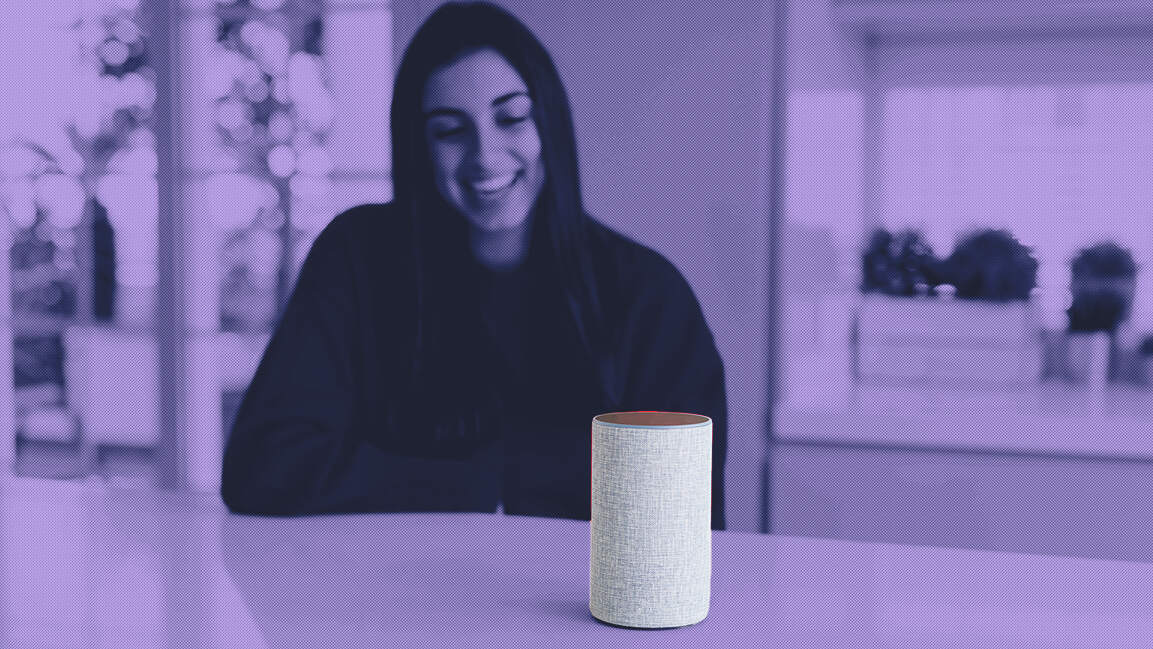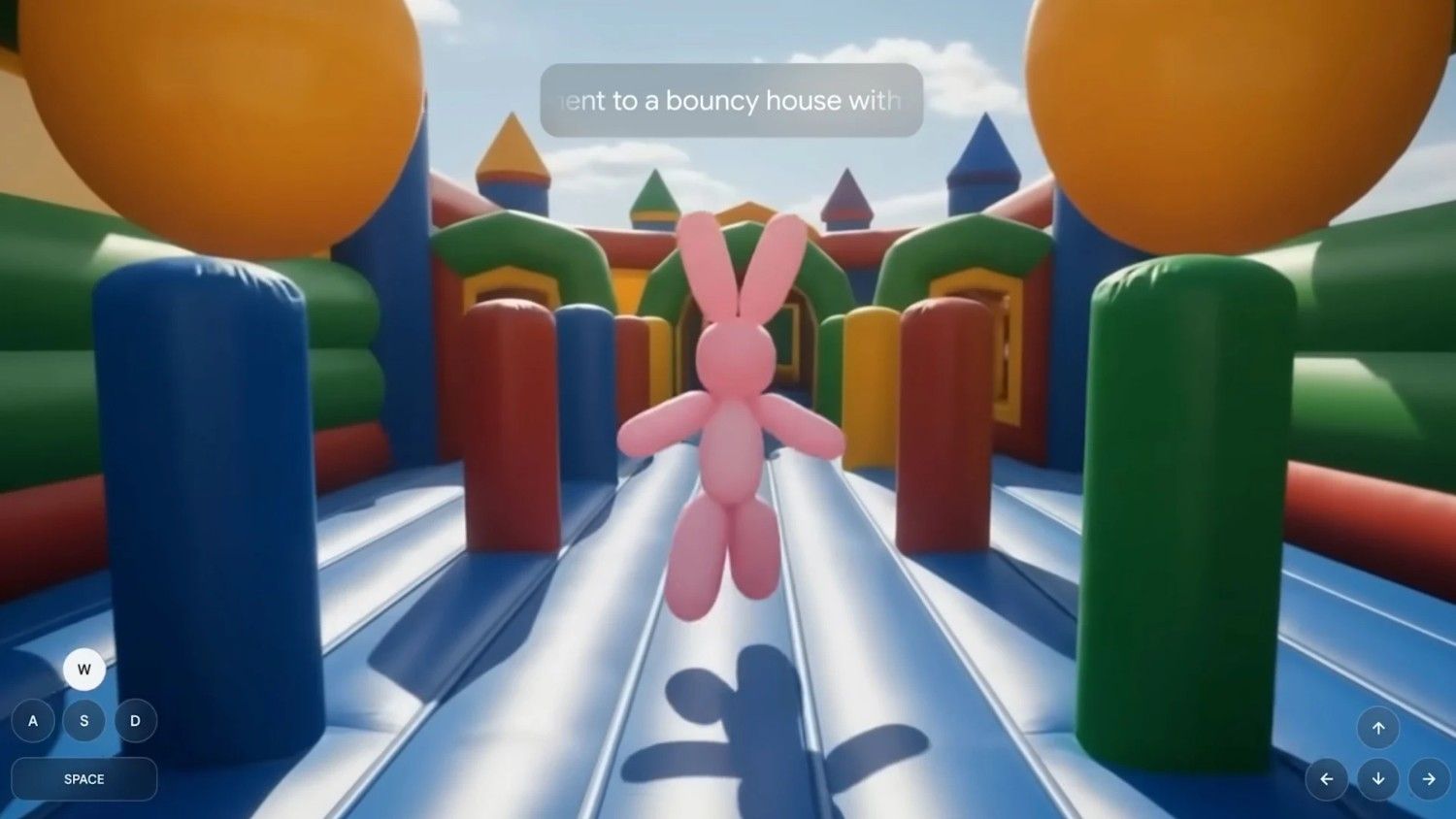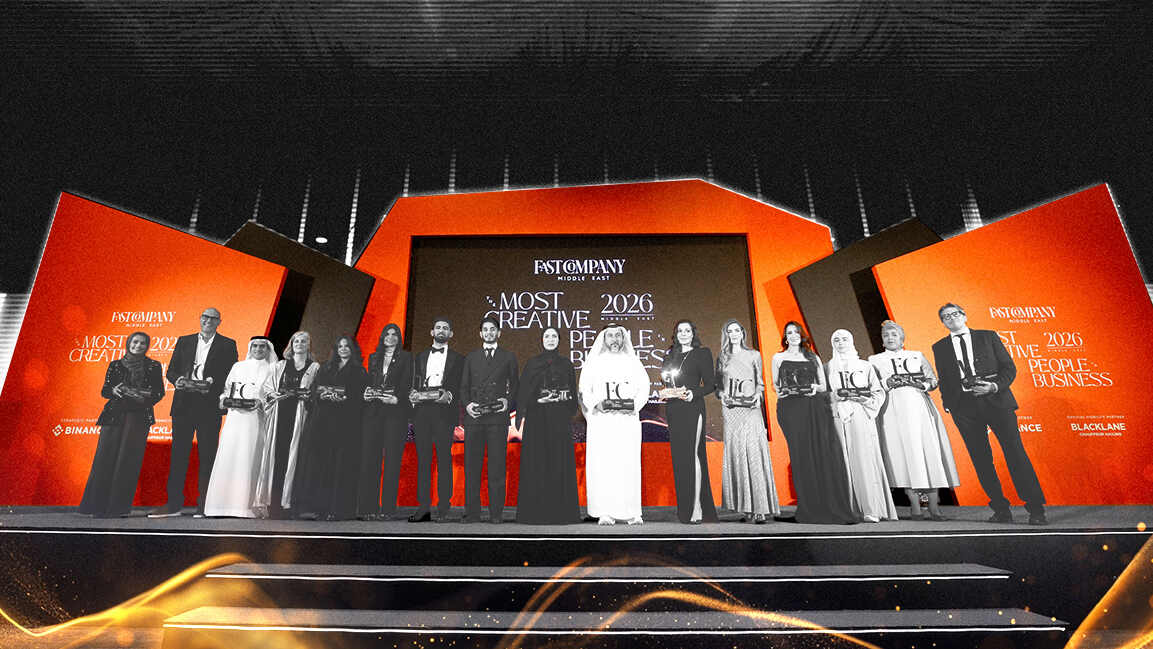- | 11:00 am
Amazon Alexa finds 85% in Saudi Arabia and UAE now rely on voice assistants
From preserving Arabic to empowering families, voice assistants are redefining digital life across Saudi Arabia and the UAE.

Voice assistants are rapidly becoming part of everyday life in Saudi Arabia and the UAE, according to a new study commissioned by Amazon Alexa. The research shows that the technology is evolving beyond convenience toward cultural integration, with 85% of residents in both countries having used a voice assistant and 43% using them regularly.
The study links this rapid adoption to strong government support for artificial intelligence. Seventy-four percent of respondents reported being aware of their country’s National AI Strategy, indicating that national innovation agendas are influencing how citizens interact with emerging technologies.
Language is a key driver of adoption. Sixty-five percent of participants prefer using Arabic as their primary language for voice assistants, with Khaleeji Arabic identified as the most popular dialect. More than half (56%) said it is important for voice assistants to understand regional accents and local expressions—reflecting a desire for technology that communicates authentically.
“We’re humbled by these survey results,” said Dr. Raf Fatani, Regional General Manager, Alexa MENA. “Seeing that the findings show how quickly voice technology is becoming a part of everyday life in Saudi Arabia and the UAE is a testament to the hard work of our local teams. It reinforces our belief that by focusing on things like authentic Arabic dialects and cultural context, we’re building a product that truly belongs in people’s homes.”































